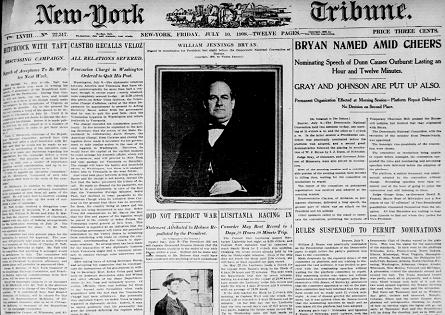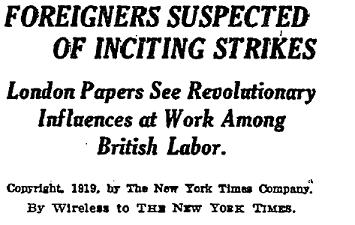The geographical problems with this paragraph leave me nearly speechless:
Do you really need to ask? Obviously, I’m for building high speed rail. The California coast is a potentially excellent rail corridor with a whole bunch of kinda close urban areas. I’d say that there (potentially extending upcoast to Portland, Seattle, and Vancouver) is one of the most promising possible areas for rail improvement. It’s an expensive undertaking, but one that will pay large dividends for a long time once it’s done.
(I am, of course, for high-speed rail, but I am also in favor of knowing something about the layout of the Pacific coast and its transportation routes.)

